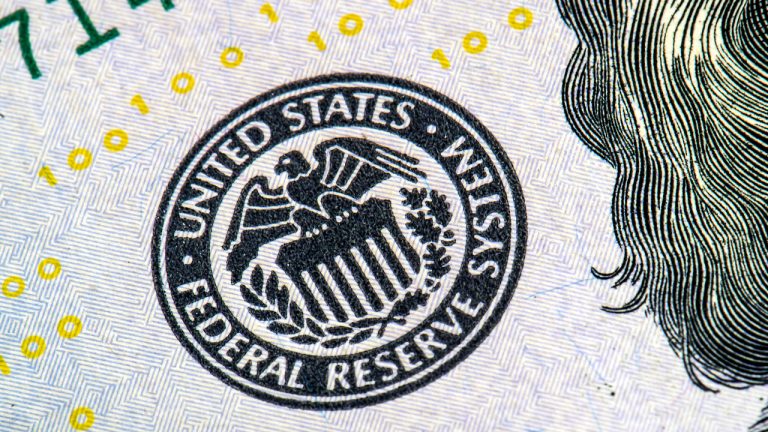
The platform was charging investors ‘exorbitant and undisclosed fees’ with one user being charged recurring fees of $51,000 over a span of 13 months, according to the statement.
Cryptocurrency trading platform Coin Cafe has been ordered to repay $4.3 million to its users after allegedly charging “exorbitant and undisclosed fees" for storing Bitcoin on the platform — leading to some accounts being drained entirely of its funds.
Based in Brooklyn, Coin Cafe initially filed an application for a virtual currency license with the New York State Department of Financial Services in July 2015, however, was only approved in January this year.
Despite the seven-and-a-half-year application process, it was allowed to operate throughout but was flagged as putting “investors at risk,” as it didn’t uphold its obligation to register with the Office of the Attorney General for New York – which all New York broker-dealers are required to do so.
On May 18, it was revealed that the exchange had been charging investors “exorbitant" fees for investors to store Bitcoin without properly informing them, leading to some cases in which investors' accounts were wiped out entirely, according to New York State Attorney General Letitia James.
In a statement, James said Coin Cafe defrauded “hundreds of New Yorkers” out of thousands of dollars, routinely charging and increasing “fees without properly informing investors.”
One New York investor incurred fees exceeding $10,000 in a single month, while another investor was hit with fees amounting to $51,000 over a span of 13 months. It was noted:
“The company was charging investors exorbitant and undisclosed fees to use its wallet storage, despite marketing its wallet storage as “free” on its website.”
The Office of the Attorney General’s (OAG) investigation revealed that Coin Cafe changed the fee structure four times since September 2020, without ever “clearly telling investors of the increase.”
This is another example of why my office proposed commonsense measures to regulate the cryptocurrency industry and protect people from fraud.https://t.co/G5XkasCfhA
— NY AG James (@NewYorkStateAG) May 18, 2023
The “most drastic fee structure change” occurred in October 2022 when investors were charged a fee for inactivity. It stated:
“It charged investors the greater of 7.99 percent of the account or $99 worth of Bitcoin per month if an investor did not buy, sell, or transfer Bitcoin on the Coin Cafe site within 30 days.”
James criticized the “deceptive marketing” involved, but also highlighted the “lack of effective regulation” as a contributing factor.
“This is yet another example of why the cryptocurrency industry needs to be better regulated,” James stated.
Related: US lawmakers hold EU and UK as examples of crypto regulation in joint hearing
In a settlement, Coin Cafe is required to refund all fees to U.S.-based investors who request a refund within the next year.
The platform is also obligated to notify all U.S-based customers of their eligibility for a refund via email by May 23.
Cointelegraph reached out to Coin Cafe for comment but did not receive a response by the time of publication.
Magazine: US enforcement agencies are turning up the heat on crypto-related crime







